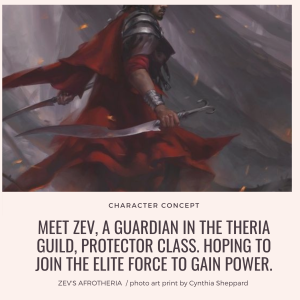When authors complete their manuscript edit and are in the process of book formatting for print or eBook sales, they often start thinking about ‘The Book Cover’. Denma Digital Consulting is a creative agency that offers various services, including book cover design.
Our creative process commences with detailed discussions with the author to grasp their vision, genre, and target readership.
Denma Digital Consulting
If you’re looking for a book cover designer, or wondering how to get started on your book cover, read on for insight on how to get your book cover designed.
What is Denma Digital Consulting?
Denma Digital Consulting is a full-service Video Editing, Web, and Graphic design agency based in Nairobi, Kenya. We provide a wide range of services including Video editing, Animation, website development, branding, corporate identity, and Creative logo design.
Our experienced Video editors, designers, and developers work closely with our clients to create unique and effective solutions that help them stand out in their industry. We pride ourselves on understanding our client’s needs and delivering results that exceed their expectations. If you’re looking for a partner to help you create a stunning online presence and build your brand, look no further than Denma Digital Consulting. Contact us today for a free consultation!
When authors complete their manuscript edit and are in the process of book formatting for print or for eBook sales, they often start thinking about ‘The Book Cover’. What would you tell an author who is looking for a book cover?
Denma Digital: If you’re considering your book cover, that’s fantastic! Your book cover serves as the face of your book, the initial impression readers encounter. Therefore,
- My suggestion is to carefully consider the atmosphere you wish to convey.
- Is your book mysterious, romantic, or thrilling? Select a cover design that resonates with this ambiance and captivates the audience’s attention.
- Additionally, collaborating with a skilled designer who comprehends your vision is crucial.
Take your time with this step – a remarkable cover significantly boosts your book’s visibility!
What do you need from an author to create a book cover?
Denma Digital: To craft the ideal cover for your book, I’ll need the following details:
- Provide a brief overview of your book! What’s the story about? This allows me to grasp its essence and tone.
- Identify your target audience. Are you targeting teenagers, romance enthusiasts, or mystery aficionados? Understanding your readership aids in tailoring a cover that resonates with them.
- If you have any concepts or visuals in mind for the cover, please share them! It’s beneficial to draw inspiration from your ideas.
- Lastly, don’t overlook specifying the book title and your name as you wish them to appear on the cover.
Armed with this information, I can create a visually stunning cover that encapsulates the essence of your book. Let’s collaborate to craft something extraordinary!
Authors also need to have websites, or social media content and banners for their author brand. How can an author looking for a book cover creator, or a website designer reach you?
Authors looking for a book cover creator or website designer can connect with us at Denma Digital Consulting through various avenues. They can visit our website, denmadigital.com, to explore our portfolio, learn about our services, and contact us directly via the provided contact form. Alternatively, authors can reach out to us via email at denmadigital.com or give us a call at +254 706085502. We eagerly anticipate inquiries and are excited to help authors bring their creative visions to fruition.
What is Denma Digital’s Book Cover creative process?



- Each of these book covers was carefully designed to capture the essence of the stories while also attracting the intended audience.
- Our creative process commences with detailed discussions with the author to grasp their vision, genre, and target readership.
- Subsequently, our skilled designers transform these understandings into visually captivating cover designs that aptly communicate the book’s tone and theme.
- We endeavor to guarantee that each cover not only captures attention but also resonates with readers, ultimately aiding in the success of the author’s work.






























